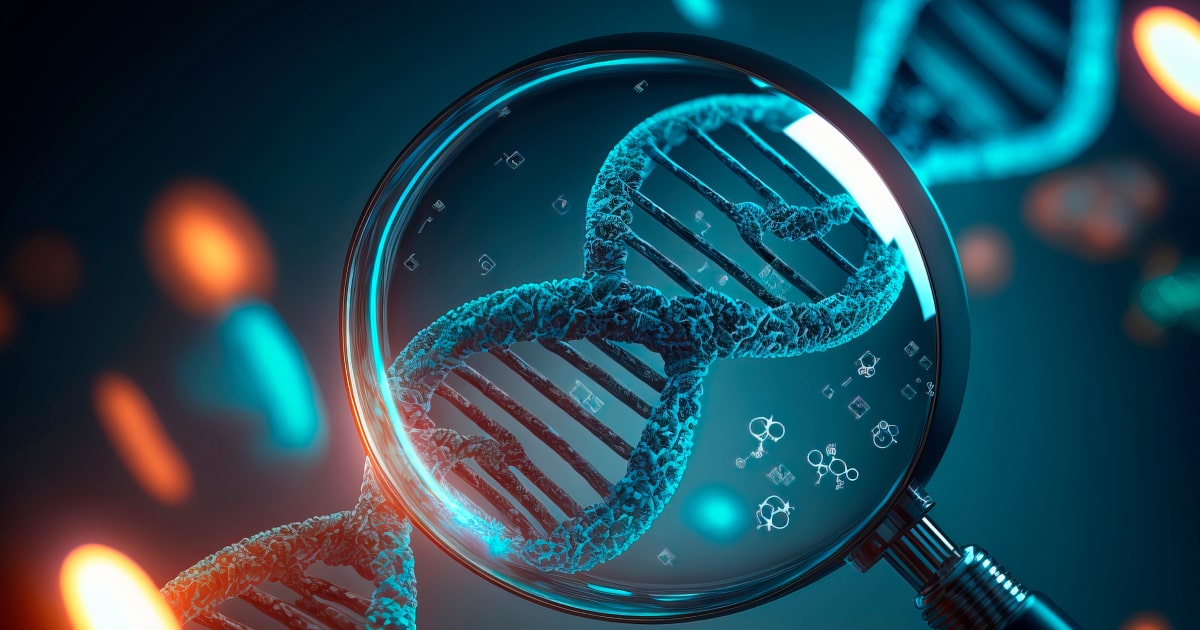
Expert Reviewed By: Dr. Brandon Colby MD
Malformation of the heart and great vessels is a complex and challenging condition that affects thousands of individuals worldwide. These malformations can range from mild to severe, and can lead to various health complications if left untreated. Genetic testing has emerged as a powerful tool for understanding, diagnosing, and managing this disorder. In this article, we will explore the basics of malformation of the heart and great vessels, the role of genetic testing in diagnosis, and how this testing can help improve the lives of those affected by this condition.
Understanding Malformation of the Heart and Great Vessels
Malformation of the heart and great vessels refers to a group of congenital heart defects that affect the structure and function of the heart and its associated blood vessels. These defects can occur due to genetic factors, environmental influences, or a combination of both. Some common examples of these malformations include:
- Tetralogy of Fallot: A combination of four heart defects that result in low oxygen levels in the blood.
- Transposition of the great arteries: A condition in which the two main arteries leaving the heart are reversed, leading to oxygen-poor blood being circulated throughout the body.
- Coarctation of the aorta: A narrowing of the aorta, the main blood vessel carrying oxygen-rich blood from the heart to the rest of the body.
- Ventricular septal defect: A hole in the wall separating the lower chambers of the heart, allowing oxygen-rich and oxygen-poor blood to mix.
These malformations can lead to a variety of symptoms and complications, including shortness of breath, fatigue, rapid heartbeat, and even heart failure. Early diagnosis and treatment are critical for improving outcomes and preventing long-term damage.
Diagnosing Malformation of the Heart and Great Vessels
Diagnosing malformation of the heart and great vessels typically involves a combination of physical examination, medical history, and imaging tests such as echocardiography, magnetic resonance imaging (MRI), or computed tomography (CT) scans. These tests can help identify structural abnormalities and assess the function of the heart and its blood vessels.
Genetic Testing: A Powerful Diagnostic Tool
Genetic testing has emerged as a valuable tool for diagnosing malformation of the heart and great vessels. By analyzing an individual's DNA, genetic testing can identify specific genetic mutations or variations that are associated with these malformations. This information can help confirm a diagnosis, guide treatment decisions, and provide important information for family planning.
Benefits of Genetic Testing for Malformation of the Heart and Great Vessels
There are several key benefits to using genetic testing in the diagnosis and management of malformation of the heart and great vessels:
- Improved diagnostic accuracy: Genetic testing can help confirm a diagnosis when imaging tests are inconclusive or when multiple conditions are present.
- Targeted treatments: Identifying the specific genetic cause of a heart malformation can help guide treatment decisions and ensure that the most effective therapies are used.
- Prognostic information: Genetic testing can provide valuable information about the likely course of a patient's condition and help inform decisions about long-term care and management.
- Family planning: For individuals with a family history of heart malformations, genetic testing can help determine the risk of passing the condition on to future generations and inform decisions about reproductive options.
Conclusion
Malformation of the heart and great vessels is a complex condition that requires early diagnosis and targeted treatment to improve outcomes and prevent complications. Genetic testing has emerged as a powerful tool for understanding, diagnosing, and managing this disorder, offering valuable insights into the underlying genetic causes and helping to guide treatment decisions. By embracing the potential of genetic testing, we can unlock the secrets of the heart and provide better care for those affected by this challenging condition.
About The Expert Reviewer
Dr. Brandon Colby MD is a US physician specializing in the personalized prevention of disease through the use of genomic technologies. He’s an expert in genetic testing, genetic analysis, and precision medicine. Dr. Colby is also the Founder of and the author of Outsmart Your Genes.
Dr. Colby holds an MD from the Mount Sinai School of Medicine, an MBA from Stanford University’s Graduate School of Business, and a degree in Genetics with Honors from the University of Michigan. He is an Affiliate Specialist of the American College of Medical Genetics and Genomics (ACMG), an Associate of the American College of Preventive Medicine (ACPM), and a member of the National Society of Genetic Counselors (NSGC)